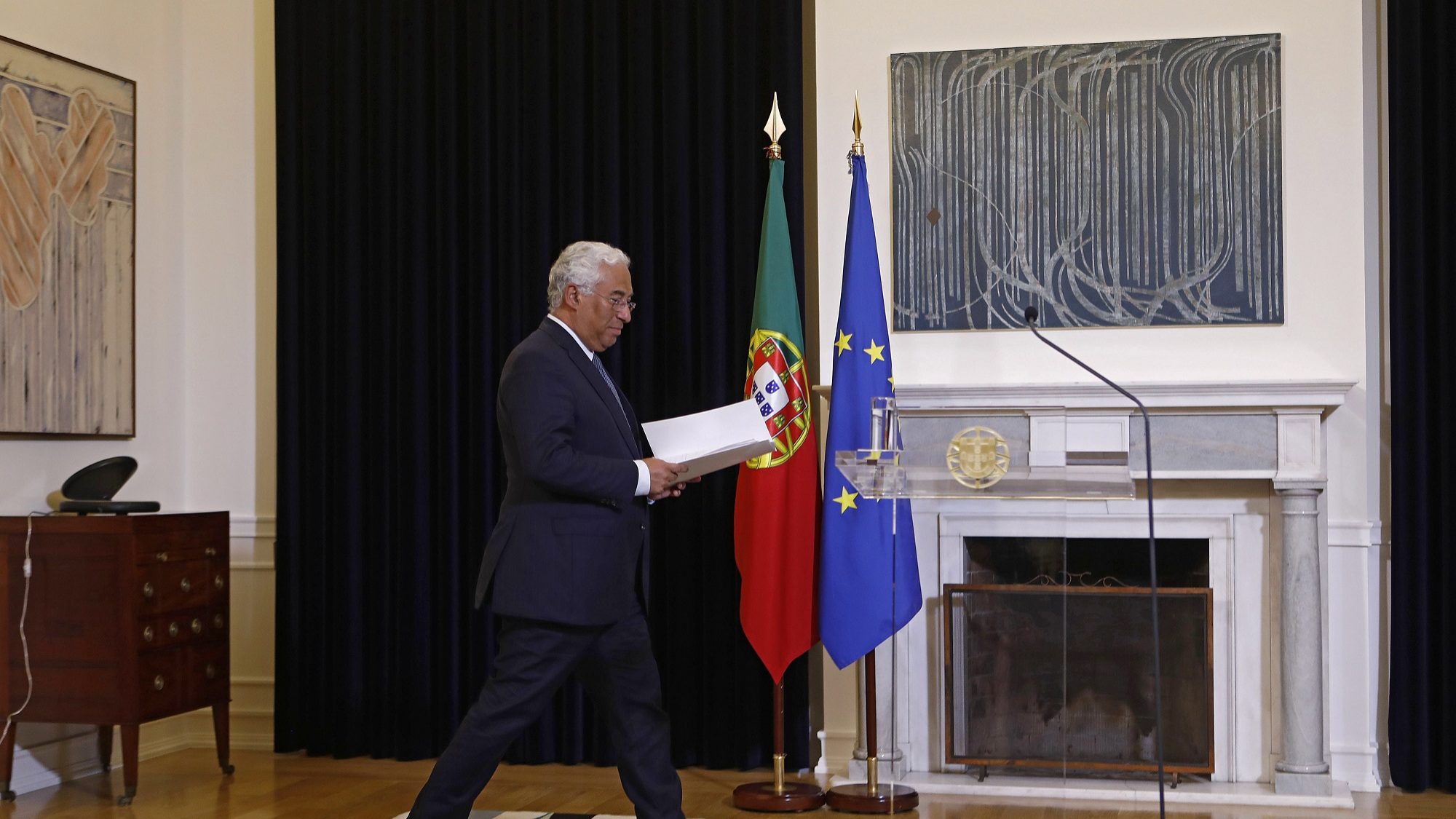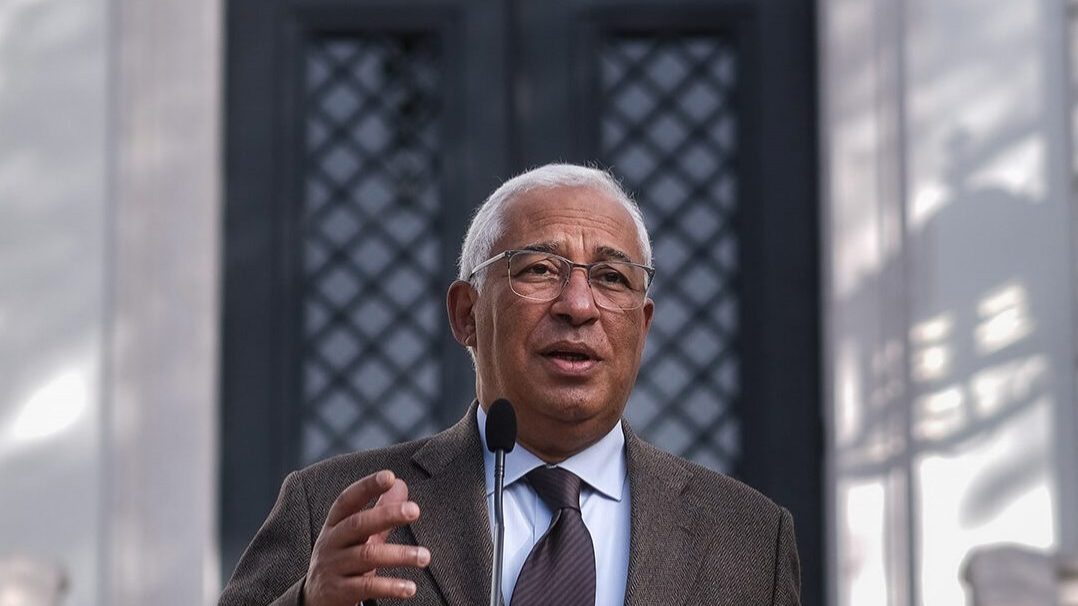Advanced RRP payments increased to 23%
The government intends to "conclude the negotiation process and contract the 53 agendas in the very short term, said Pedro Cilínio, secretary of state for the economy.
Portugal’s secretary of state for the economy, Pedro Cilínio, announced on Tuesday an increase of 10 percentage points, to 23%, in the level of advance payments of the Recovery and Resilience Plan (RRP) funds, to “give muscle” to implement projects.
“We will strengthen the levels of advance and payment in the [mobilising RRP] agendas. One of the measures we are implementing is to increase the level of advance by another 10 percentage points, so that all agendas have an additional volume of funds to start their investments, for example,” said the minister speaking to journalists on the sidelines of a visit to Portuguese companies attending the MICAM footwear fair in Milan.
Stressing that the government intends to “conclude the negotiation process and contract the 53 agendas in the very short term,” Pedro Cilínio explained: “Under the RRP we have an advance rule of 13% and, with a negotiation with the colleague from the Planning area and with the mission structure Recuperate Portugal, we identified the possibility of increasing by 10 percentage points the initial advance level that the agendas can receive.
According to the Secretary of State, this reinforcement “will have to be done in two moments, for cash management reasons”, justifying: “Because we will receive 13% initially and what we can do is apply this 13% and get a new tranche of advance to deliver to the companies”.
According to Pedro Cilínio, “this allows, globally, that within a maximum period of three months after contracting, an agenda will have 23% of the PRR money in its hand to give the muscle of execution to these projects that is very important”.
“Deep down, we want companies to continue to innovate, continue to invest in sustainability and, obviously, we want the funds to be by the side of companies on that path,” he emphasized.
Regarding the payment of internationalisation support, the Secretary of State said that these “are currently under evaluation”: “The tender closed at the end of January, has an evaluation deadline that ends in early May and, therefore, when approvals are made the support will be paid”, he said.
Stating that “the projects that entered will have, fulfilling the conditions, the approval of these amounts, but their allocation depends on a competitive process that is currently being evaluated by AICEP [the Portuguese Agency for Investment and Foreign Trade],” the governor affirmed: “At this time, we have a perspective of total normality. The evaluations are underway and Compete and AICEP have been working together to get the first results. In fact, the first 2030 tender with announced results will certainly be this one”.
Regarding the support to the decarbonisation of industry, he acknowledged that there is “a delay” – “the notice should have been concluded by mid-December”, he admitted – but assured that the executive is “working with universities to strengthen the evaluation capacity in the short term” and to “conclude the evaluations by the end of March”.
Pedro Cilínio also noted that the ANI management team is “being reinforced” following the departure of the president, Joana Mendonça, at the beginning of the month, which he considers will not “harm the performance of the institution”: “ANI itself has made a great effort to recover the execution of its support and this effort will continue,” he said.
Assuring that “the government will continue to bet on innovation in companies”, Pedro Cilínio said that the next call for productive innovation under Portugal 2030 “will open very soon, with significant values”, and highlighted the importance of support, through RRP projects, for “the transition of companies to the digital economy, automation and sustainability”.



